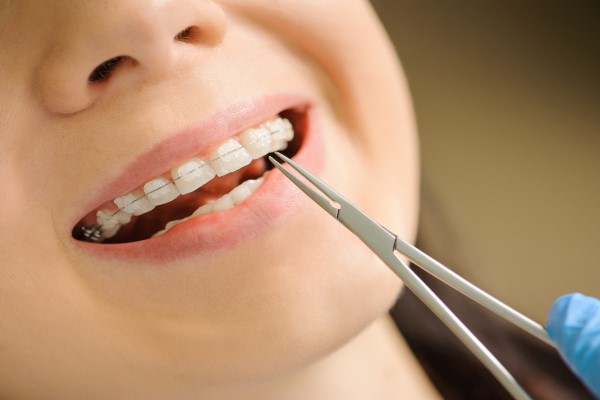Advantages of Dental Cone Beam CT Scans

Dental cone beam computed tomography (CBCT) technology has changed dental radiographic imaging, allowing dentists to treat their patients more effectively. This technology has allowed dentists to move from pure diagnosis to planning treatment simulations.
Understanding CT scans
The popularity of dental cone beam CT has grown rapidly because it has introduced three-dimensional images, making it invaluable for dentists who specialize in reconstructive surgeries and dental implant procedures. The following are some significant advantages of cone beam CT technology:
Better image quality and accuracy
The cone beam CT zones in on a specific spot, allowing dentists to examine an area that is as small as a single tooth’s root. The 3D capabilities mean that the dentist can view what’s going on in the patient’s mouth from different angles for better diagnosis and a complete evaluation.
Images bone and soft tissues
Unlike traditional dental X-rays, the cone beam CT scan can scan both bones and soft tissues easily. This scan provides more information than a conventional dental X-ray, allowing the dentist to create a more precise treatment plan.
A lower dose of radiation
The CBCT scan uses a lower dose of radiation than a regular CT scan. No radiation remains in the patient’s body after the scan. However, it is still important for a female patient to inform the dentist if she is pregnant so that the office can take precautions.
Quick and painless
A full-mouth scan often takes between 20 and 40 seconds, and the dentist needs less than 10 seconds to scan a specific area. A dentist can generate hundreds of images in a single scan, allowing him or her to get a comprehensive view of the patient’s mouth and teeth. Each scan can produce several views and angles that the dentist can manipulate to get a complete evaluation. The CBCT scan is also noninvasive, painless and accurate.
Numerous benefits to CBCT scans
The benefits of cone beam CT scans make it a terrific option for implant dentistry as it ensures safe and predictable treatments. Some benefits of cone beam CT scans for dental implants include:
- CBCT scans make it easy for the dentist to measure and localize the available jawbone. This makes it possible to do a virtual implant placement with accuracy and precision.
- Dentists can use the CBCT and an optical scan to create a complete virtual model of the patient’s soft tissues, bones and teeth. This helps the dentist design the proper bite, reducing the risk of misaligned implants.
- The dentist uses the CBCT scan to map out where the sensory nerves are to select the right implant length. This helps reduce the risk of nerve damage.
- CBCT provides the dentist with an accurate picture of the location of the maxillary sinus. Therefore, the surgeon can select the right implant length to prevent implant penetration into the sinus.
- The cone beam CT scan allows the dentist to select the right size of the implant for optimal stability and integration. This ensures the implant can meet the patients’ needs and serve the person for a long time.
Dental cone beam CT scan is one of the digital dental technologies that have made work much easier for both dentists and patients. Discuss your specific dental condition with one of our dentists and find out whether the CBCT scan can aid in your treatment.
Find out if a dental CBCT is right for you
Request a dental appointment here: https://brimhalldentalgroup.com or call Brimhall Dental Group at (661) 249-1122 for an appointment in our Bakersfield dental office.
Recent Posts
Losing a tooth can affect your appearance and oral health, causing misalignment, bone loss, and changes to your facial structure. Dental bridges are a popular tooth replacement option for people with one or more missing teeth. They offer a way to restore your smile and oral function.A dental bridge is a fixed prosthetic device that…
Adult orthodontics has become an increasingly popular solution for individuals looking to improve their oral health and the smile's appearance. Dental professionals offer a variety of treatment options to address the unique needs of adult patients. The following guide will explore the most common treatments used in adult orthodontics, highlighting their benefits and effectiveness in…
When the smile is missing a tooth or three, a general dentist may recommend dental bridges to restore its appearance and functionality. Even a single missing tooth can cause difficulties with eating and speaking. It also leaves room for the remaining teeth to shift, leading to a misaligned bite. While traditional and implant-supported dental bridges…
Curious about dental bridges? Read on to learn more about this type of restoration. The aftermath of tooth loss can be a struggle. The loss puts extra pressure on the rest of the teeth and chewing becomes less effective. Your speech gets affected too. Fortunately, dental bridges lay out a path to restoring the look…


